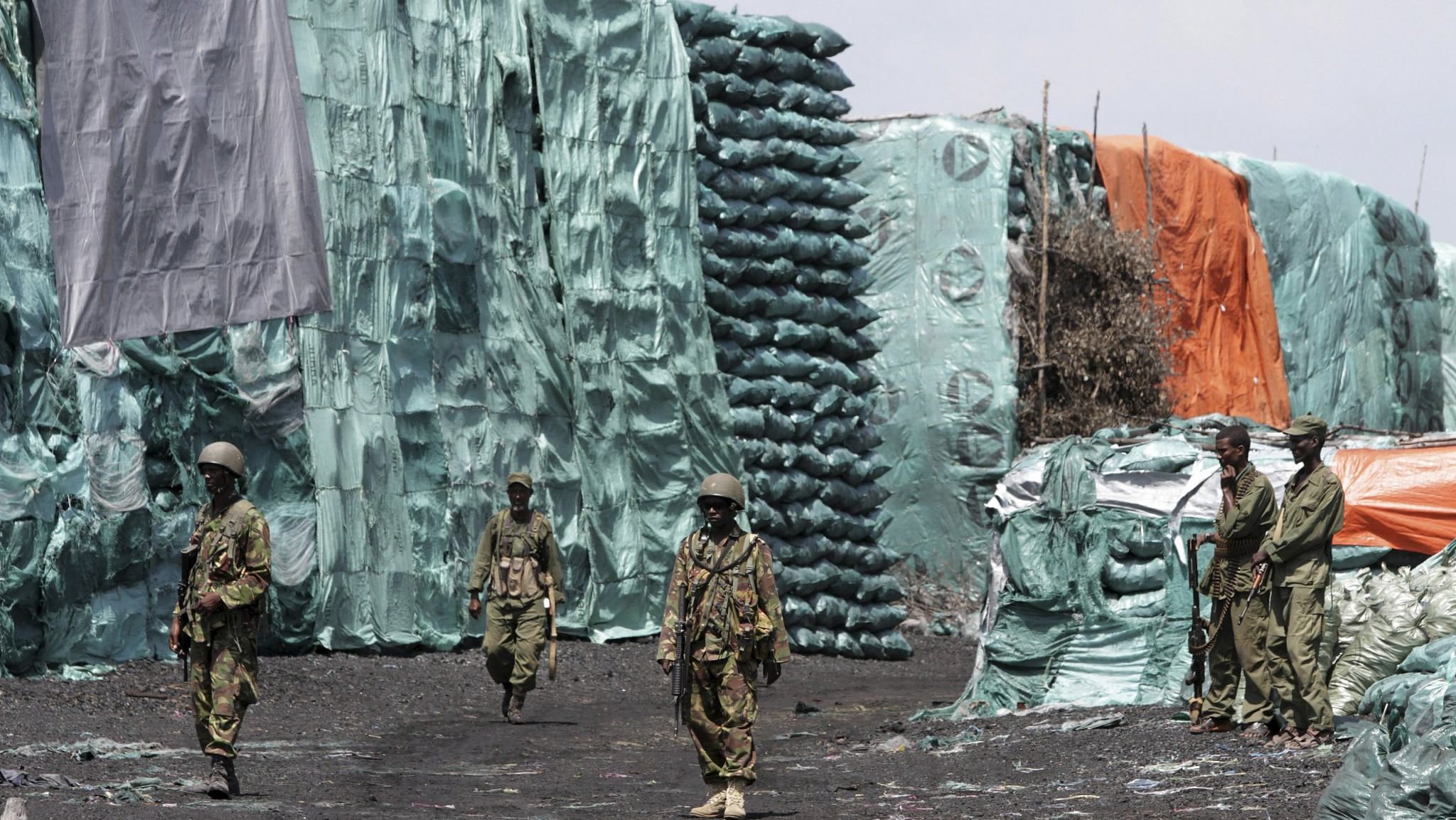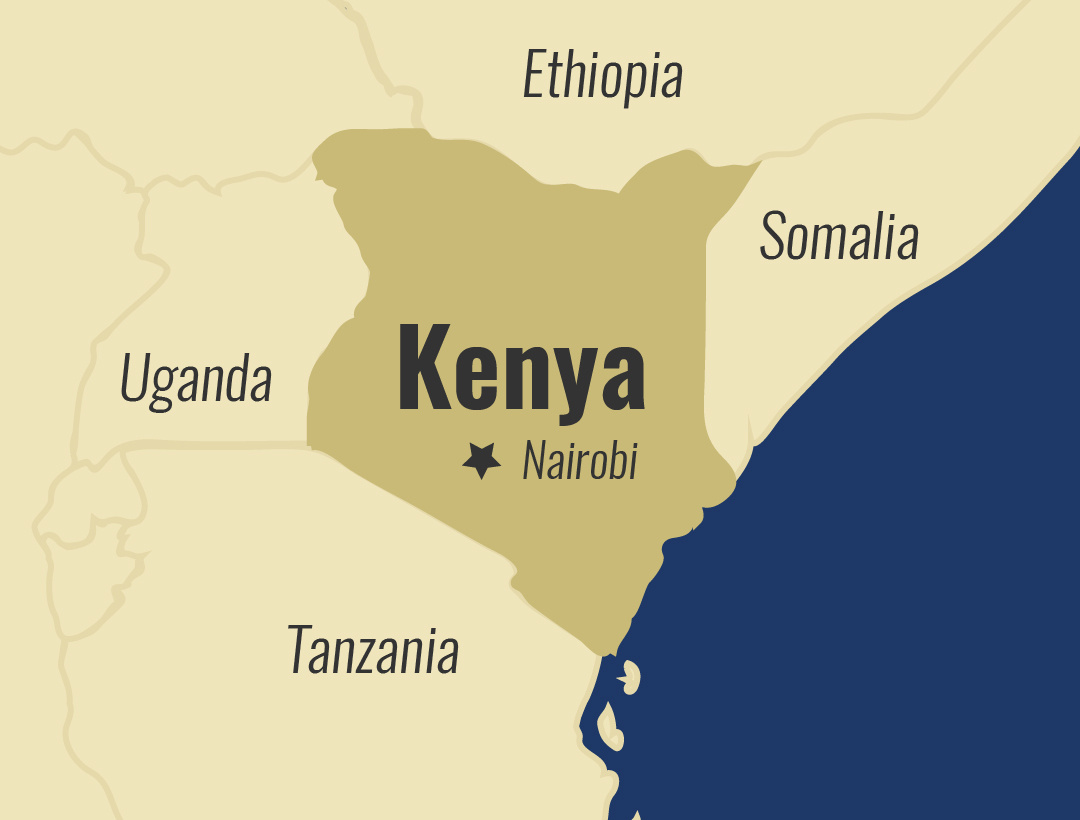
Somalia, UN meeting focuses on ending illegal charcoal trade

The Somali government and United Nations are meeting in Mogadishu to put an end to the illegal charcoal trade, responsible for the massive depletion of forest cover and the funding of terrorism in the country.
Every year, millions of trees are burned in Somalia for the unsustainable production of charcoal. Around 8.2 million trees were chopped down from 2011 to 2017 alone, fueling trade worth 250 million US dollars, despite a ban being in place.
A War-Torn Societies Project report estimates that northeast Somalia is producing approximately 4.8 million sacks of charcoal annually. Such a volume would require the logging of nearly 2.1 million Acacia trees.
The evergreen, drought-tolerant indigenous Acacia tree provides feedstock to pastoralists and helps the livestock farmers stay resilient to droughts. The trade decimated the numbers of the trees to the extent that International Union for Conservation of Nature (IUCN) Red List had to declare the tree a threatened species.
“The environmental destruction brought on by the charcoal trade contributes to drought, flooding, the loss of livelihoods and increase in food insecurity,” Deputy Special Representative of the Secretary-General for Somalia, Peter de Clercq said at the International Conference on Charcoal in Mogadishu.

More than 80 percent of the charcoal produced in Somalia is exported to Gulf countries. “Illegal trade in charcoal is recognized as a key contributor to insecurity in Somalia, providing a major source of funding for militias, terrorist groups, and other actors linked to conflict, who illegally tax exports,” claims the UN.
Somalia banned charcoal trading in 1969, but weak law implementation had no impact on the flourishing business. In 2012, the United Nations Security Council, concerned over the issue, passed a resolution seeking international cooperation to control charcoal demand.
Deputy Prime Minister of Somalia, Mahdi Mohamed Guled addressing the UN meeting on Monday maintained that both the demand and supply side of charcoal have to be tackled.
“We need cooperation to implement the UN Security Council Resolution and ensure the environmental, economic and human losses that happen because of illegal charcoal trade are curbed,” he said.
In urban centers, charcoal is used primarily for barbecuing, grilling, and slow cooking. In Somalia, local communities use it for cooking. Experts have been advocating smart stoves and better fuel use to curb the use of charcoal.
“But due to high levels of poverty in Somalia and lack of opportunities, many are forced to turn to unsustainable and illegal livelihoods, such as charcoal production. The people of this country deserve better,” Peter de Clercq added.




